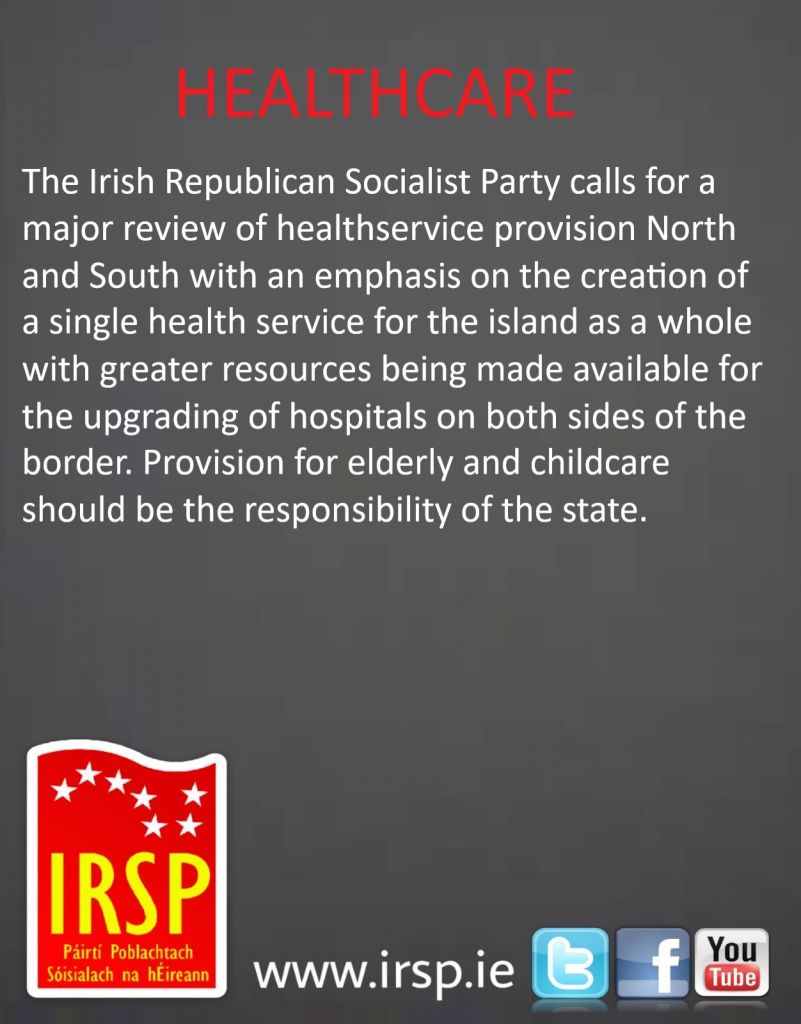North Belfast IRSP activist Gowain McKenna discussing the mental health crisis in the North of Ireland and its devastating impact on working class communities.
Research has shown that throughout the period of the so-called troubles approximately 30% of those living in the North of Ireland were in some way impacted by poor mental health, with approximately half of these cases having a direct link to the conflict. It comes of no surprise then that in a time of violent upheaval instigated by British occupation in Ireland a sizeable portion of the Irish people would have some price to pay in terms of the residual trauma caused.

It is intriguing then how post-Good Friday Agreement new studies have surfaced which paints an altogether darker picture. One of the more insidious statistics is that since the signing of the Good Friday Agreement more people have died by suicide than the total number of those who lost their lives throughout the thirty-year conflict. A Samaritans report found that the number of men taking their own lives in Northern Ireland per 100,000 of the population had increased by 82 per cent from 1985 to 2015. At the time of the signing of the Good Friday Agreement in 1998 records show that 143 people took their own lives in Ireland, fewer than half of the 298 who died by suicide in 2016. In 2017 that figure rose again to 305. In 2018 almost half (44%) of young people who were born post cease-fire were in some way suffering from poor mental health.

In the recent weeks of 2019 psychiatric nurses began a two-day strike for the second time. This is clearly indicative of a saturated psychiatric care system that is operating under enormous stress. Yet it is not just psychiatric services who are failing to meet the current demand for health care. Amidst increasing privatisation, the NHS has shown to be increasingly incapable of dealing with the current health needs of the population in the North of Ireland. Over the last number of weeks, it has been revealed that children in the six counties are waiting longer than four years for a hospital appointment with some children not receiving treatment until they reach adulthood. At present the waiting time to be seen by services in the Belfast Trust for a cardiology appointment is almost a year (43 weeks), while an urgent appointment is 20 weeks.
When considering all the facts and statistics at our disposal the IRSP take the position that the root cause of the current mental health crisis is not in fact attributed to the residual after effects of the thirty-year conflict, but rather it is a direct result of the increasingly cruel austerity-imposed measures that were brought here by mainstream political parties at the behest of the British government. Such measures can only be described as nothing short of an attack on the working-class people in the North of Ireland and further afield. Those who cannot afford private health care are being made to suffer in the name of austerity, and in prosperity only for the few. The IRSP demand that there be an increase in funding and resources to allow for specific mental health units in what would be a humane effort to put a stop to this crisis; and if the current political infrastructure is not capable of doing so then we call for all people to support immediate and drastic revolutionary change.

